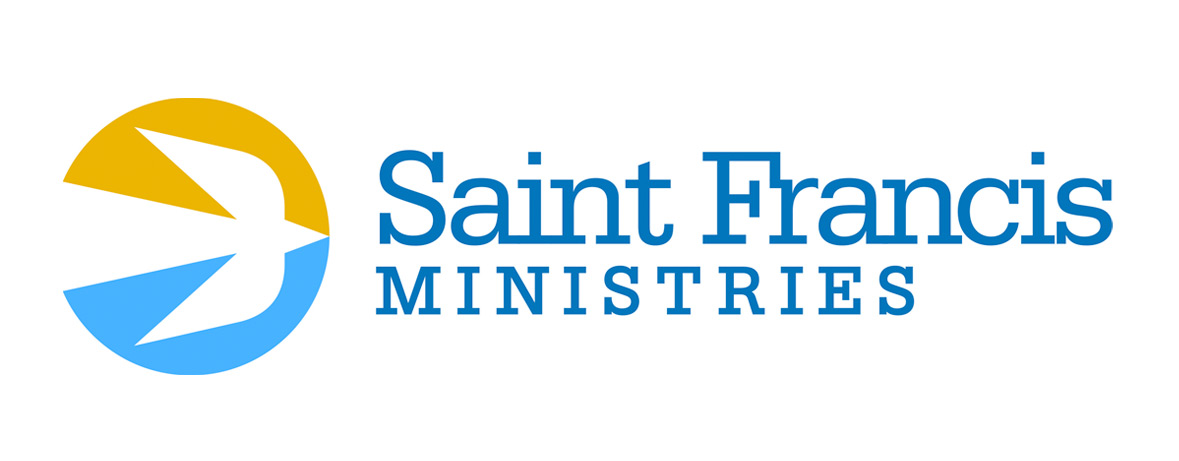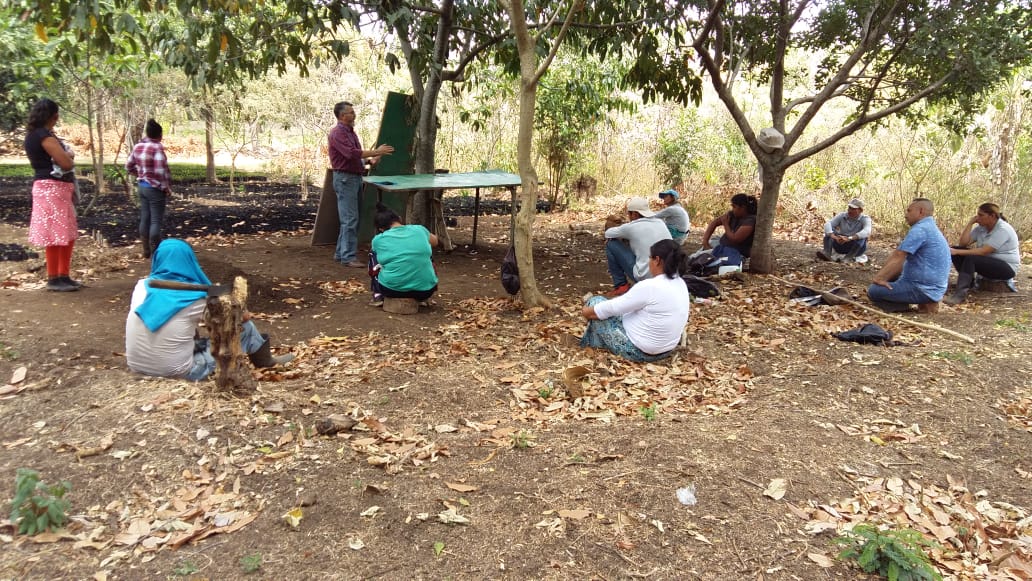International Ministries: Supporting, educating in Central America during COVID-19 outbreak
March 2020 · Coronavirus, Ministry News
No country is isolated from the impacts of COVID-19, and Saint Francis Ministries’ International team is doing everything it can to support those we serve outside the United States. We received this report from on the ground in El Salvador and thought it was important to share what is being done elsewhere.
In the community of San José Obrero in Chalchuapa where “Finca La Esperanza de Martín Barahona” (the Hope of Martin Barahona Farm) is located, house-to-house visits are being made by the local Health Unit authorities in the community to explain recommendations to prevent the spread of COVID-19 and to address the need to identify potential cases.
On March 17, 2020, Osvaldo Lopez, El Salvador director of Saint Francis Programs, met with employees at the farm to share information about COVID-19 and educate on preventive measures official authorities disseminated. He also took the opportunity to offer support and encourage them to care for themselves, their families and their community.
The San José school and San Agustin School of Canterbury, which operate in the areas where Saint Francis serves, have closed as have all other schools in the country. Teachers gave study guides to students to work on at home.
In messages from the Saint Francis Ministries’ staff in El Salvador, summarized below are conditions in the country:
President Nayib Bukele has taken the necessary measures to prevent the spread of COVID-19. As of March 22, three people have tested positive for COVID-19. The government has implemented a nation-wide, home quarantine order for 30 days, with strict guidelines for essential activities such as purchase of food and medicine and specific rules about how those activities may be conducted. With exceptions for essential services defined by the government, most businesses have been shuttered.
Those who do not comply with the stay at home mandate, are subject to arrest and will be placed in quarantine centers in the country where they will remain for 30 days and then, according to the president’s statement Saturday evening, will be prosecuted for non-compliance with the government mandate. The order went into effect the evening of March 21 and by the morning of March 22, 70 people had been detained for non-compliance and placed in quarantine. As of last week, there were already more than 2,000 returning travelers who were being housed in government mandated quarantine shelters and known incidents of border crossings at blind spots to avoid quarantine are increasing.
Some of the measures other governments in Central America have taken:
Guatemala:
President Alejandro Giammattei announced March 16, 2020, that he will ban the entry of foreigners for two weeks. Guatemalans or residents of the country who have been in one of the places with high transmission of COVID-19 must remain in home quarantine.
More than a week before that announcement, Giammattei declared the “state of public calamity” and the “maximum alert” to allocate an initial fund of US$30 million to prepare for the arrival of the virus.
To prevent the spread of COVID-19 in the country, President Alejandro Giammatei announced a curfew beginning Sunday, March 22, requiring that everyone shelter in their homes. The measure is imposed daily from 4:00pm to 4:00 am. Only pharmacy drivers, emergency vehicles and restaurants with drive through lanes remain open to ensure that the population is supplied with food and medicine. The measure will be in effect for 8 days.
As of March 22, 17 cases have been confirmed, of which 16 are medically treated and 1 has died.
Honduras:
The government announced closure of all its borders to the transit of people. Hondurans coming from these countries must remain in home quarantine for 14 days. It also cancelled school classes nationwide beginning March 13, 2020, for 14 days. All sports, cultural and social events are cancelled.
On Saturday, March 21, the government declared a curfew nation-wide, with some exceptions to health system-linked personnel and suppliers of necessities.
As early as February 10, 2020, the government of Honduras had declared both a dengue and coronavirus emergency. As of March 22, 2020, Honduras has 26 confirmed cases of coronavirus.
Costa Rica:
President Carlos Alvarado and Health Minister Daniel Salas ordered on March 12, 2020, the preventive closure of educational centers at risk for at least 14 working days, 50% reduction in public meeting space and suspension of travel abroad for public employees.
Three days later, the health authorities tightened up the measures, ordering the closure of restaurants and other public places in the country and providing for the local football championship to be played behind closed doors. As of March 22, 2020, there are 134 confirmed cases of coronavirus in this country.

